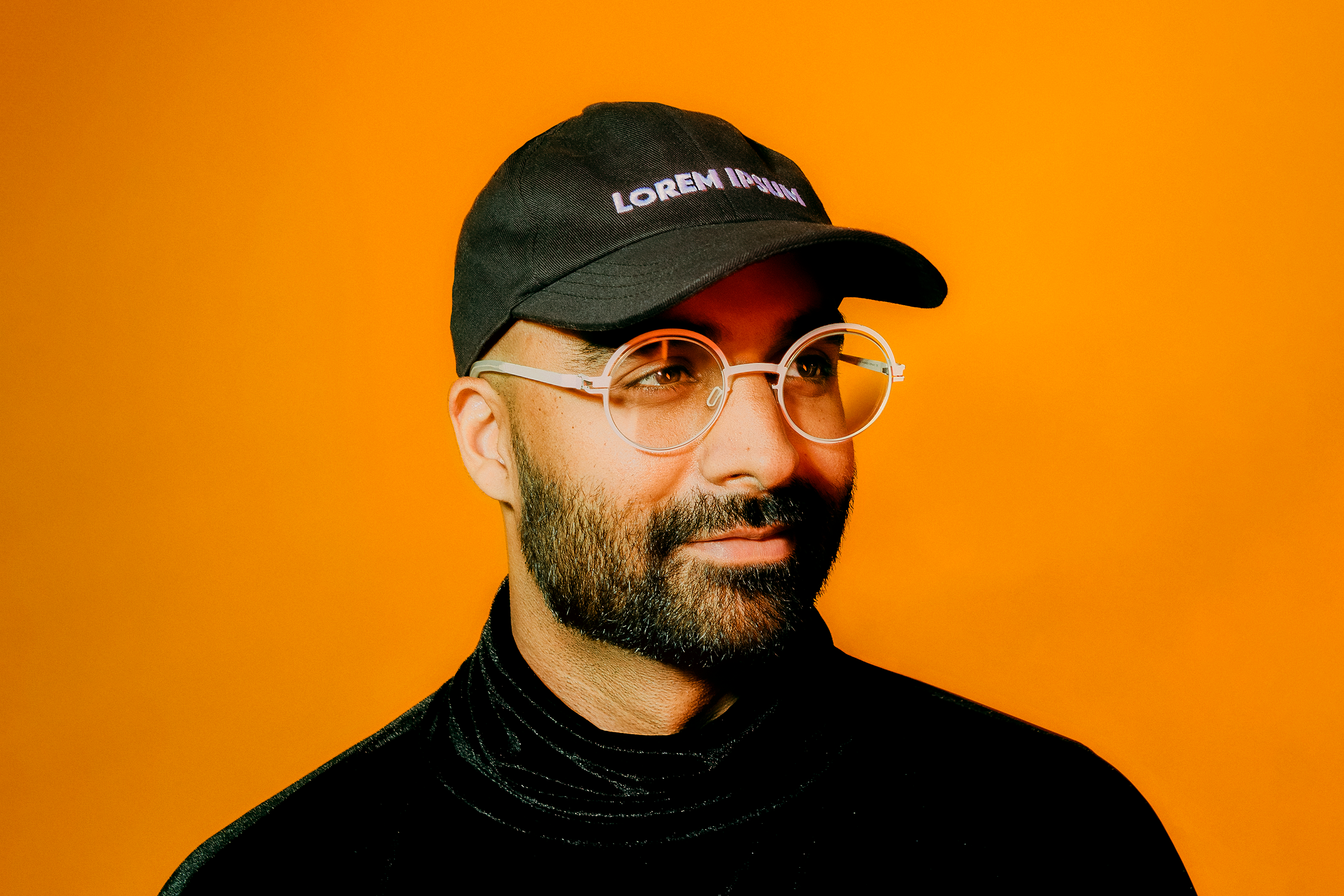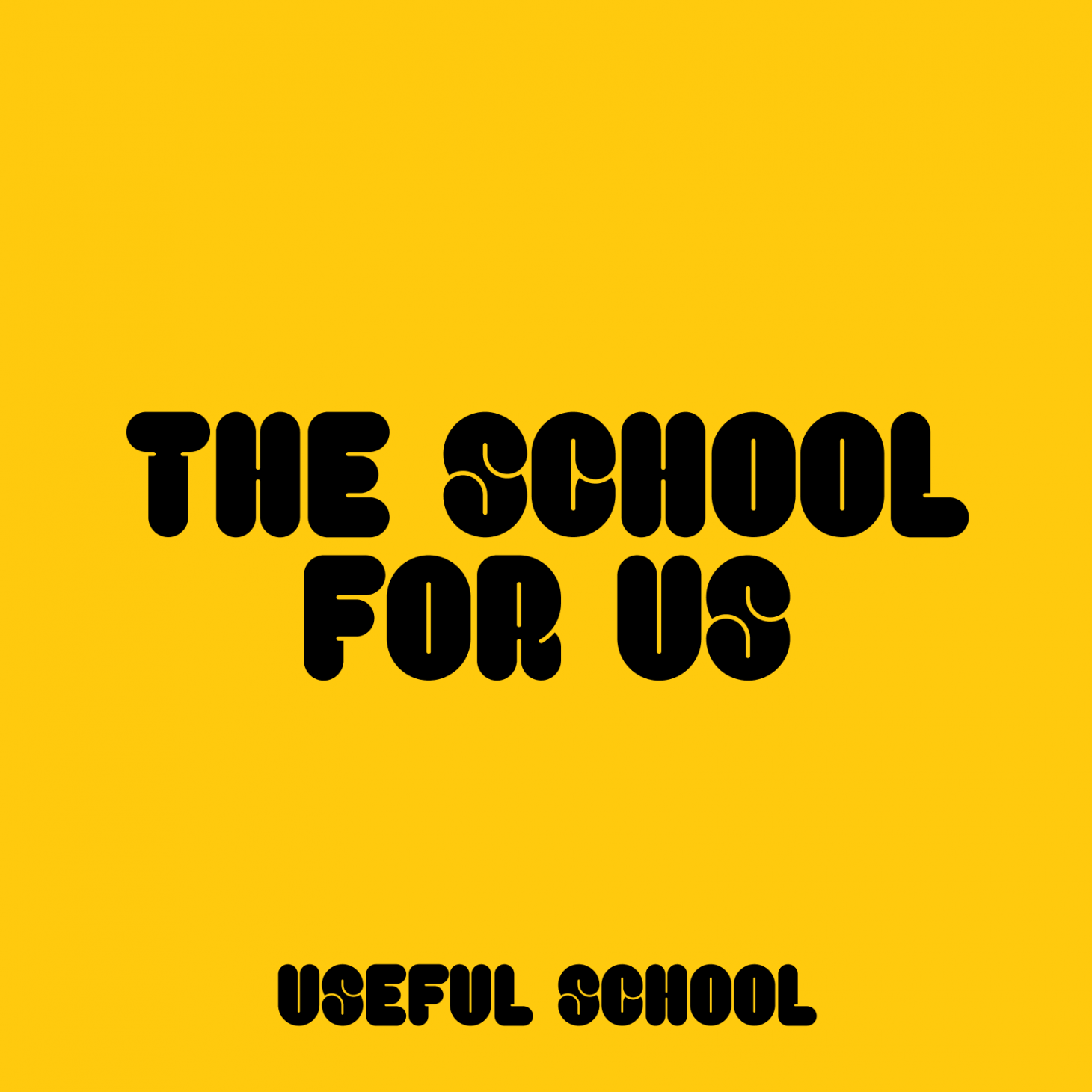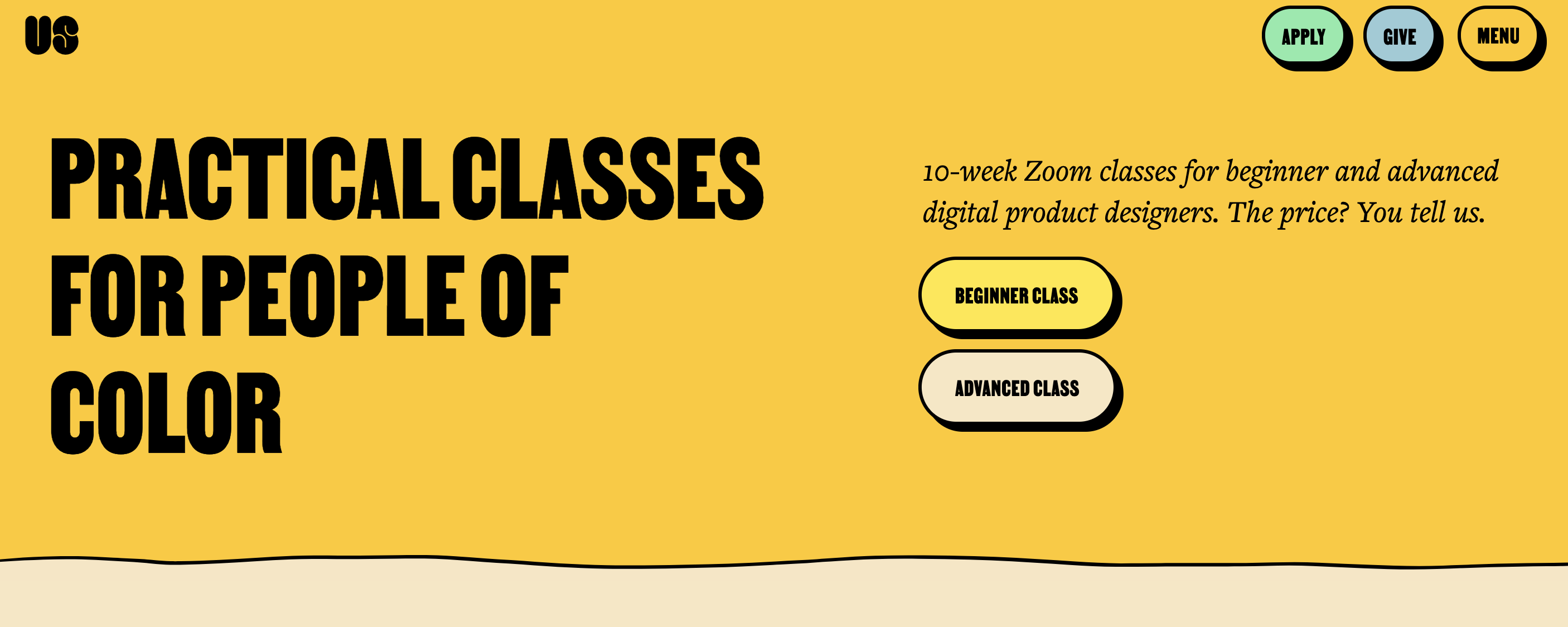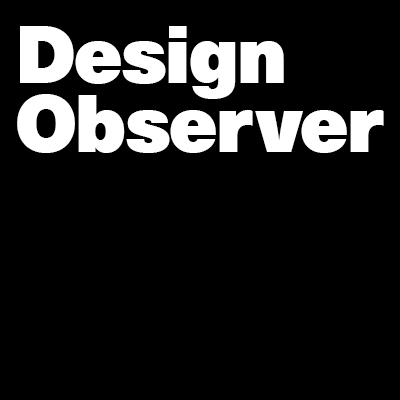
Photo by Joey Arbaje.
The newly launched Useful School is chipping away at traditional design school paradigms with a pay-what-you-can 10-week online product design program for people of color, by people of color. The first session of classes begins in February and offers two tracks, one for beginning designers, and another for advanced designers. Founded by Ritesh Gupta—a creative industry veteran who has worked for agencies such as Wieden+Kennedy, R/GA, Mother Design and Sagmeister & Walsh, a mentee of Diversity in Design’s Forest Young, and a volunteer with Where Are the Black Designers?— it is the result of a vision that puts the people-of-color experience front and center. Gupta had a chance to talk with us about his vision.
Design Observer: In your elevator pitch, how do you describe Useful School?
Ritesh Gupta: We’re the world’s first pay-what-you-can online product design school for people of color.
DO: The first session seems to have a very limited enrollment. How will you decide who will be admitted? And how do students apply?
RG: There are a variety of factors we utilize to decide who will attend, including the strength of their past work, future potential and professional goals, past efforts to learn product design, and more! Our first cohort applications end January 15, 2022 and we are already starting to plan future classes.
DO: How did you select your first courses of study?
RG: I wanted to teach something I knew well, target an industry where there’s a lack of representation, and what mentors and colleagues recommended I pursue. I’ve done product design for 12 years, have experienced a serious lack of POC in product design, and folx like Forest Young and Mitzi Okou loved the idea.
We know that design is still 73% white. We know that POC have a more difficult time than non-POC breaking in, getting promoted, and starting their own practices.

DO: What are the barriers, in your opinion, for studying design among people of color?
RG: The barriers are cultural, technological, socioeconomic, and most importantly, intersectional. We are trying our best to at least address a little bit of each through our model.
DO: How are companies trying to address those barriers?
RG: We work with select sponsors to help cover the costs of students who can’t afford to pay. In return, they become true partners and we work together in ways that make sense for both US and them. Those interested can email me at [email protected] to discuss sponsorship and partnership opportunities!

DO: In creating this new school, you also had to create a new identity. Can you tell us a little about that?
RG: It was important to create an identity that centered POC. That meant working with POC to create the identity (credits here), use fonts that were from POC, create a brand and model POC typically don’t experience, and have a curriculum that centers on POC. I wanted the brand to exude fun and positivity, similar to my personality.
I spent hundreds of hours finding fonts by POC and would like to give a special nod to some of my favorite POC typefaces, foundries and designers that we are utilizing: Martin and Marsha by Tré Seals (Vocal Type); Halyard and Freight by Joshua Darden (Darden Studio); Salbabida Sans by Jo Malinis (Type63); Huai by Potch Auacherdkul (Positype), Public Sans by many folx including Rodrigo Fuenzalida (Google Fonts). I’d like to see more brands utilize their work.
DO: Can you tell us a little more about your background?
RG: I’m Indian-American. Both of my parents were born in northern India. They grew up around Haryana and Uttar Pradesh. My parents are entrepreneurs and my partners’ parents are/were professors/deans of higher education. This experience has fueled my interest in starting Useful School.
Besides founding Useful School, I’m also the Senior Director for New Product Ventures at Gannett and a volunteer for Where Are the Black Designers? As a mentor/mentee focused on POC, I’ve seen what it takes to help POC break into the industry, get promoted, and start their own practices. I specialize in product design, product management, branding, and growth analytics for mission-driven companies. And I used to play percussion and bass: I’m a large electronic fan (old school techno and house are my favorites).

